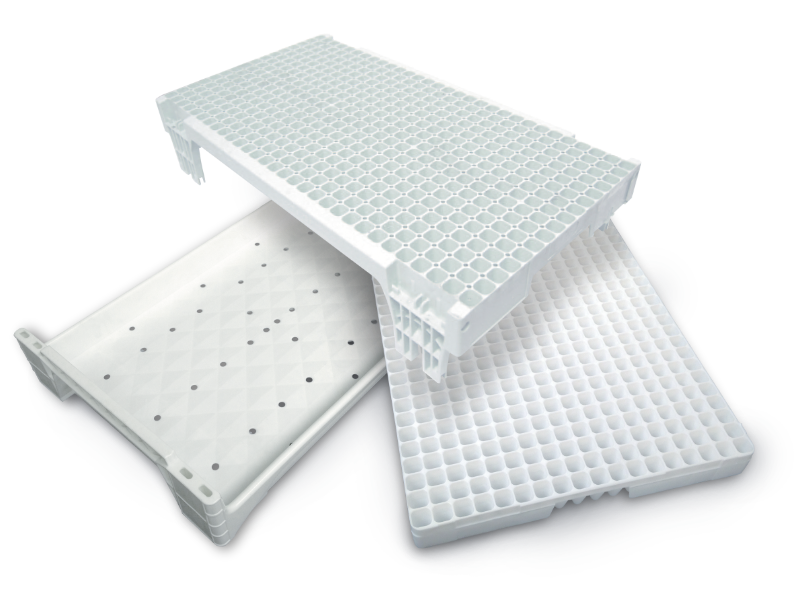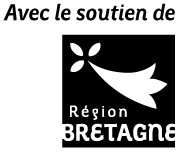

Our cookies
This site uses cookies necessary for its proper functioning. You can accept them all or click on “learn more” to choose which cookies you accept or not.
Read the privacy policy
powered by webdeclic





